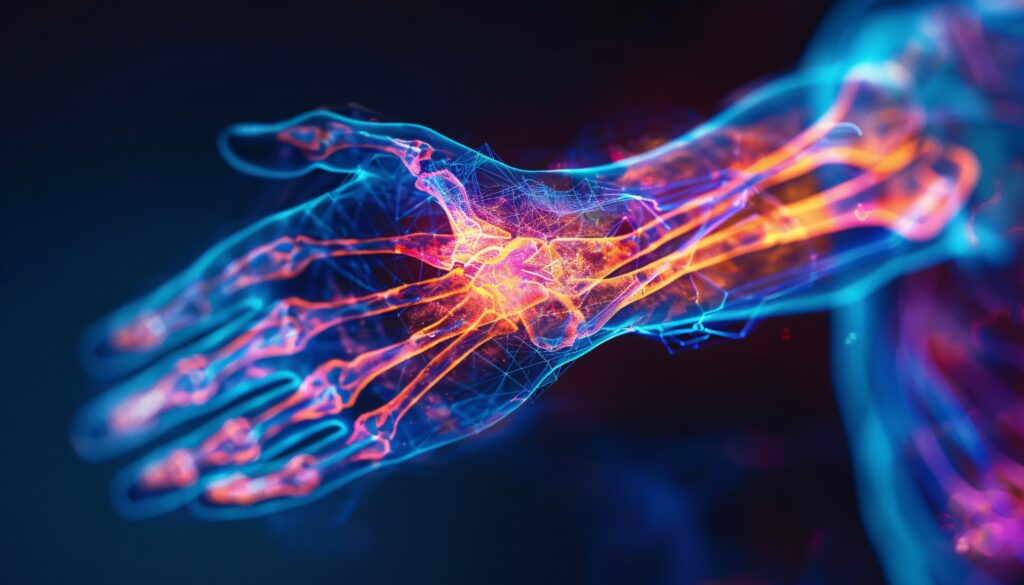Early Signs of Autism in a 15 Month Old Baby
Have you noticed something different in your baby’s behavior and can’t quite put your finger on it? Maybe your 15-month-old isn’t talking yet, or perhaps they don’t seem interested in playing peek-a-boo like other kids their age. These could be the first signs of autism in a 15-month-old, and knowing what to look for is the first step toward helping your child thrive.
In this article, you’ll discover the most common signs of autism at 15 months, understand what’s typical for this age, and explore how to get the right support. Whether you’re in Miami or simply looking for answers, you’re in the right place. Let’s walk through this together.









